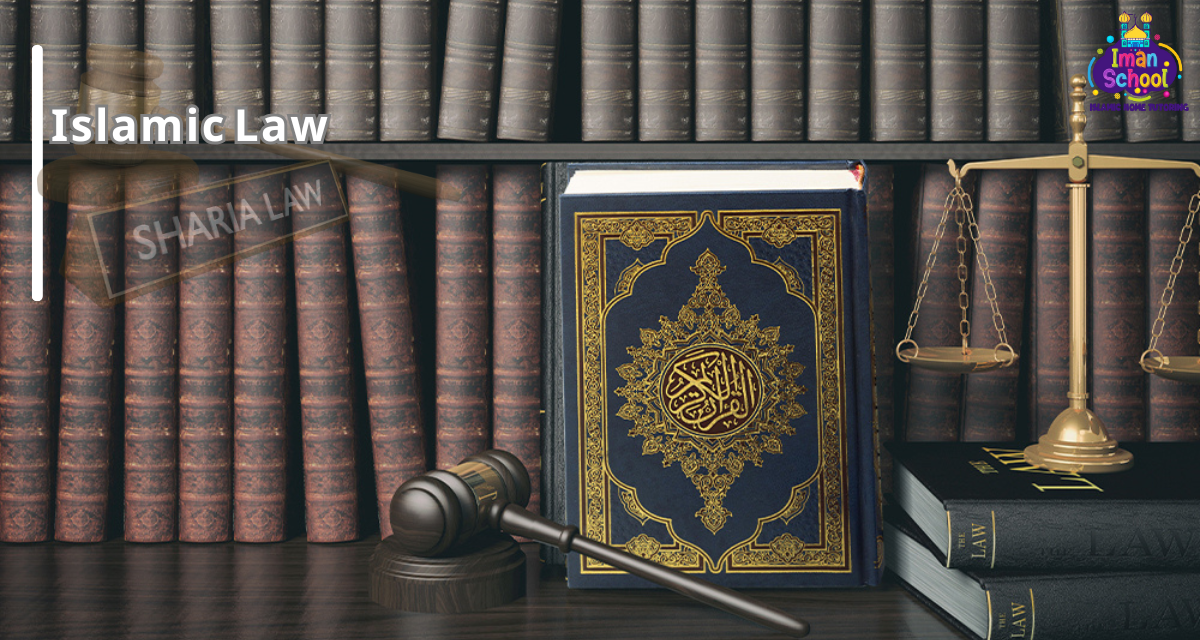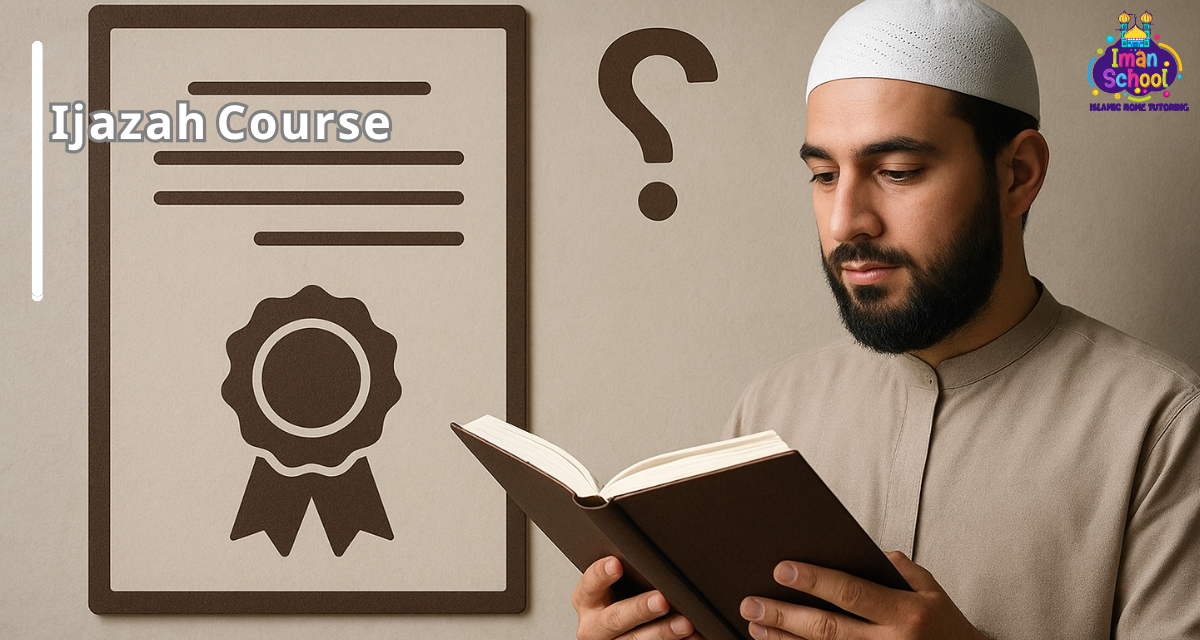Islamic Law, often known as Sharia, represents the comprehensive system of principles and guidelines derived from divine revelation, intended to govern all aspects of Muslim life. Far from being a rigid set of rules, Islamic Law is a dynamic and expansive framework designed to bring justice, harmony, and prosperity to individuals and societies. For Muslims, understanding Islamic Law is not merely an academic pursuit but a spiritual necessity, guiding their worship, transactions, family life, and ethical conduct. This article will delve into the core definitions, sources, branches, and objectives that define this profound system, offering an in-depth look at Islamic Law explained.
Defining Islamic Law: Sharia vs. Fiqh
When discussing Islamic Law, it's crucial to distinguish between two interconnected yet distinct terms: Sharia and Fiqh.
Islamic Sharia
This is the broader, immutable divine law, representing the revealed path or way of life as ordained by Allah. Sharia encompasses all aspects of Islam, including beliefs (Aqidah), morality (Akhlaq), and practical rulings (Ahkam). It is the ideal, perfect, and unchanging blueprint for human life, revealed in the Quran and elaborated by the Sunnah of Prophet Muhammad (peace be upon him). It is the source from which all Islamic Law principles are derived.
Fiqh in Islam
While Sharia is the divine law itself, Fiqh is the human understanding and interpretation of that law. Fiqh is the science of deriving practical Islamic rulings (Ahkam) from the detailed evidence found in the primary sources of Sharia. It is the practical application and jurisprudence of Islamic Law. Because it is a human endeavor, Fiqh allows for scholarly diversity and different interpretations (schools of thought) based on methodology and evidence, making the Muslim legal system rich and adaptable. Thus, when we refer to Islamic Law explained in a practical sense, we are often referring to Fiqh.

The Primary Sources of Islamic Law (Usul al-Fiqh)
All aspects of Islamic Law are firmly rooted in foundational sources, known in Islamic legal theory as Usul al-Fiqh (Principles of Jurisprudence). These are the bedrock upon which the entire Muslim legal system is built.
1- The Quran
The Holy Quran is the absolute primary and undeniable source of Islamic Law. It contains direct commands, prohibitions, moral guidelines, and narratives that serve as the ultimate reference point for all rulings. The divine nature of the Quran ensures that the fundamental principles of Islamic Law are divinely revealed and immutable.
2- The Sunnah
The Sunnah of Prophet Muhammad (peace be upon him) is the second primary source. It comprises his sayings, actions, and tacit approvals. The Sunnah explains, elaborates, and exemplifies the principles laid down in the Quran, providing the practical context for understanding and implementing Islamic Law. For example, the Quran commands prayer, but the Sunnah details how to pray. Together, the Quran and Sunnah form the bedrock of all Islamic Law principles.
Find out about: Islamic Creed
Secondary Sources and Methodologies
While the Quran and Sunnah are the direct revelation, scholars of Islamic Law employ other methodologies and secondary sources to derive rulings for issues not explicitly covered in the primary texts.
3- Ijma' (Consensus)
This refers to the unanimous consensus of Muslim scholars (Mujtahids) on a particular legal issue after the era of the Prophet (PBUH). Ijma' is considered a strong indication of a correct interpretation within Islamic Law.
4- Qiyas (Analogical Reasoning)
This involves drawing an analogy between a new issue that has no direct textual ruling and an existing issue that does, based on a common effective cause. Qiyas allows Islamic Law to address contemporary challenges by extending existing principles.
Other auxiliary sources and methodologies include Istihsan (juristic preference), Maslaha Mursalah (public interest), Urf (custom), and Istishab (presumption of continuity). These tools demonstrate the robust and comprehensive Islamic legal theory employed in deriving Islamic Law rulings.
Major Branches of Islamic Law (Fiqh)
The practical application of Islamic Law is categorized into various branches of Fiqh, covering every aspect of a Muslim's life. These Branches of Islamic Fiqh ensure that Islamic Law provides comprehensive guidance.
-
Ibadat (Acts of Worship): This branch deals with rituals and acts of worship that govern a Muslim's direct relationship with Allah, such as Salat (prayer), Sawm (fasting), Zakat (obligatory charity), and Hajj (pilgrimage).
-
Muamalat (Transactions and Interactions): This extensive branch covers various aspects of human interaction and civil transactions. It includes:
-
Islamic family law: Pertaining to marriage, divorce, inheritance, and child custody.
-
Islamic finance law: Governing financial transactions, banking, and investments, ensuring they adhere to principles like avoiding Riba (interest) and Gharar (excessive uncertainty).
-
Contracts and commerce.
-
Islamic criminal law: Addressing crimes and their prescribed punishments.
-
Dietary laws (Halal and Haram in Islam) and other permissible and impermissible matters.
Understanding these different areas helps to grasp the breadth and depth of Islamic Law.
Online Islamic Studies
For those eager to delve deeper into Islamic Law and other facets of their faith, the advent of online education has been a game-changer. The convenience of learn Islamic law online and study Islamic studies online has opened doors for millions globally.
Iman School stands as a leading institution in providing high-quality online Islamic studies courses. Whether you're looking for an Introduction to Islamic Law, want to learn Fiqh in detail, or explore other foundational aspects of Islam, Iman School offers comprehensive programs. Our expert instructors deliver structured courses covering:
-
Seerah: The life and teachings of Prophet Muhammad (PBUH).
-
Fiqh: In-depth studies of Islamic jurisprudence, helping you learn jurisprudence online.
-
Aqidah: The core beliefs of Islam.
-
Hadith: The study of Prophetic traditions.
-
Islamic History: Tracing the rich heritage of Islam.
Iman School makes it easy to embark on a journey to understand Divine law in Islam from the comfort of your home, ensuring that accessible knowledge about Islamic Law is available worldwide.

The Objectives of Islamic Law (Maqasid al-Sharia)
Beyond the specific rulings, Islamic Law is guided by higher objectives known as Maqasid al-Sharia. These are the overarching goals and wisdom behind the legislation, aimed at preserving the welfare of humanity and preventing harm. The primary objectives are to protect:
-
Religion (Deen): Ensuring freedom of belief and worship.
-
Life (Nafs): Safeguarding human life.
-
Intellect (Aql): Preserving the human mind and promoting knowledge.
-
Progeny (Nasl): Protecting lineage and family sanctity.
-
Wealth (Mal): Safeguarding property and economic justice.
These Maqasid al-Sharia demonstrate that Islamic Law is fundamentally concerned with establishing justice, promoting good, and preventing corruption in society, ensuring the well-being of individuals in this life and the Hereafter.
Also read about: Islamic Ethics
The Schools of Islamic Law (Madhahib)
The rich History of Islamic Law saw the emergence of various methodological approaches to understanding and applying the Sharia, leading to the formation of different Schools of Islamic Law (Madhahib). In Sunni Islam, the four most prominent Madhahib are:
-
Hanafi Madhhab
-
Maliki Madhhab
-
Shafi'i Madhhab
-
Hanbali Madhhab
These schools represent distinct, yet valid, methodologies of deriving Islamic Law from the primary sources, often differing on specific interpretations but generally agreeing on the fundamental principles. They highlight the intellectual depth and diversity within Islamic jurisprudence.
Islamic Law in Contemporary Society
The relevance of Islamic Law is not confined to historical contexts; it continues to offer timeless guidance for navigating complex modern challenges. While the application of Islamic Law varies across different Muslim-majority countries, its principles continue to influence personal conduct, ethical frameworks, and communal life for Muslims globally.
From Islamic family law to Islamic finance law, its principles offer a moral and ethical compass in an ever-changing world. Islamic Law provides clear ethical guidelines for modern transactions, social justice, environmental stewardship, and human rights, demonstrating its enduring capacity to address contemporary issues while remaining true to its divine origins. The timeless wisdom of Divine law in Islam remains a source of profound guidance for individuals and societies alike.
Empower Your Faith with Iman School's Online Islamic Courses
Are you ready to deepen your understanding of Islamic Law, the Quran, and the Arabic language? Iman School offers a wide range of comprehensive online Islamic courses, designed for learners of all ages and levels. From engaging online Quran courses to enriching online Arabic language courses and detailed studies in Islamic jurisprudence and other vital Islamic sciences, Iman School provides expert guidance and a flexible learning environment. Empower your faith and knowledge from the comfort of your home with Iman School.
Islamic Law is a profound and comprehensive system that provides a divine framework for life, guiding every aspect of a Muslim's existence. Encompassing both the unchanging Sharia and the dynamic interpretations of Fiqh, it is rooted in the Quran and Sunnah and aims to achieve the welfare of humanity. From personal acts of worship to intricate societal transactions, Islamic Law offers clear principles and rulings.
Engaging with Islamic Law allows believers to live purposeful lives aligned with divine will, fostering justice, harmony, and spiritual growth in their individual lives and communities. Understanding Islamic Law is essential for any Muslim seeking to deepen their faith and practice.




